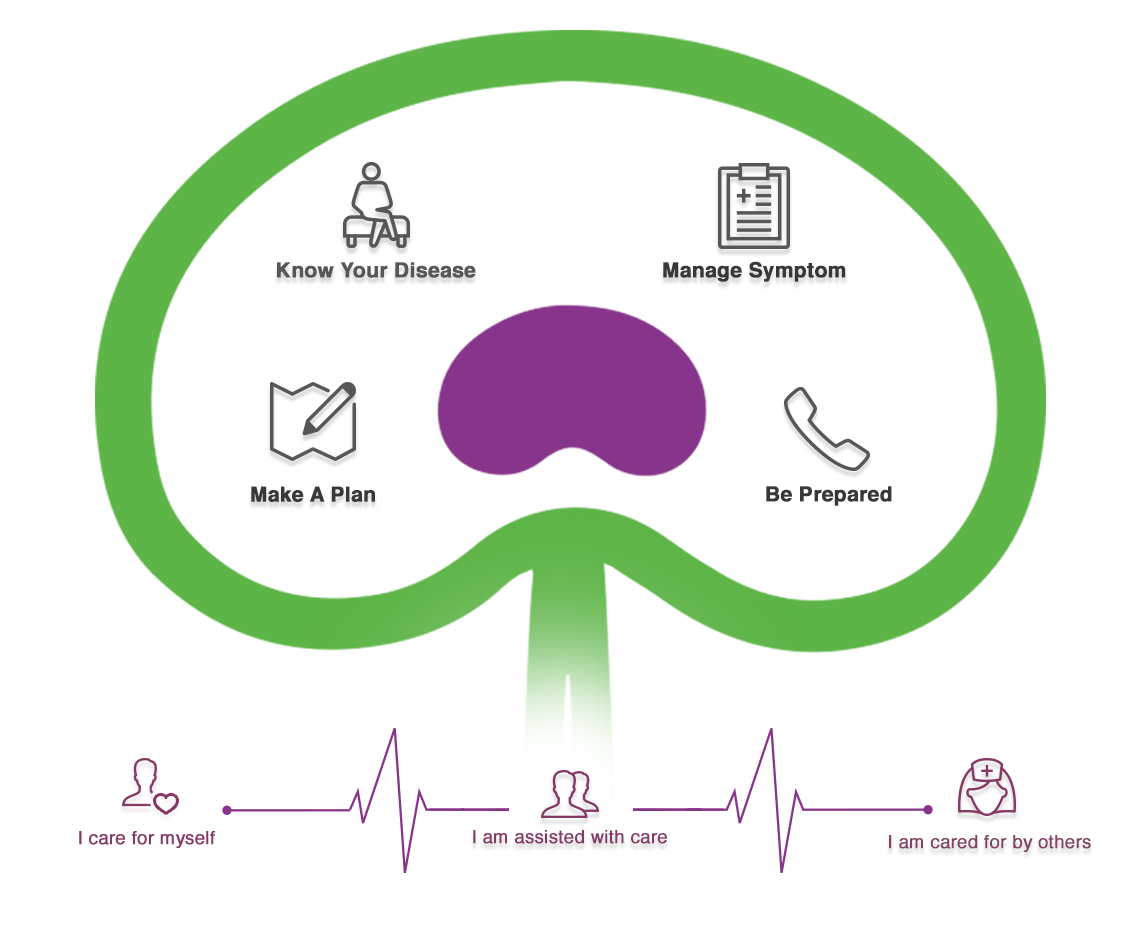Sleep Difficulties
Having trouble getting restful sleep may be a problem with chronic kidney disease. This could be because of other issues such as itching, pain, trouble breathing, or restless legs syndrome. If you’re having trouble sleeping, and if it’s affecting you during the day, please talk to your care provider.
- Wake up at the same time every morning.
- Don’t go to bed until you feel sleepy. Don’t “try” to fall asleep. If you can't sleep, go into another room and do something relaxing until you feel tired.
- Try not to nap during the day, especially later in the afternoon.
- Limit or cut out caffeine and nicotine in the evening.
- Try not to eat large meals close to bedtime.
- Use your bedroom for sleep (and sex) only.
- Try a sound machine or a fan to block noise from inside or outside the house (white noise). Try room-darkening blinds.
- Relax before bed. Your body needs time to shift into sleep mode, so spend the last hour before bed doing a calming activity. Keep a notepad at your bedside so that if you wake up, you can write down the thought and go back to sleep, instead of thinking about it all night.
- Practise relaxation techniques. Ask if someone on your healthcare team can help you get started. You can also learn some on your own. Examples include:
- progressive muscle relaxation (focus on slowly tensing and then relaxing each muscle group)
- visualization (form mental images to take a visual journey to a peaceful, calming place or situation)
- deep breathing
- music and art therapy
Even if you’re trying the sleep tips, you might still not be sleeping well. Be sure to let your care provider know. You can ask about medicine to help you sleep. Talk to your care provider before taking over‑the‑counter sleep medicine.



